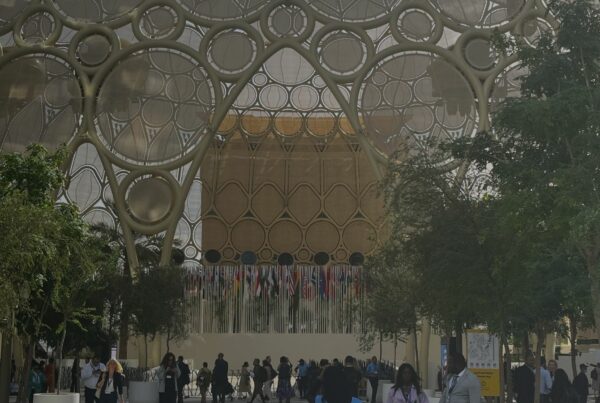Despite disappointing commitments to ramp up climate action, G7 leaders took one unexpectedly positive and significant step when they met in June: they backed a global mission to halt and reverse the loss of biodiversity this decade and build an economy that values nature, rather than destroys it.
In their 2030 Nature Compact, the G7 leaders backed a goal to protect one-third of the world’s land and sea by 2030 and pledged to lead by example by conserving or protecting at least one-third of their own land, waters, coastlines and marine areas within the decade. The compact, agreed at their summit in Cornwall, recognises that a healthy, thriving natural world is essential to shaping a safe and more equitable recovery from Covid-19.
This puts the group – the UK, US, Germany, France, Italy, Canada and Japan – in position and under pressure to work with developing countries in pushing for a strong global deal on reversing biodiversity loss at October’s Convention on Biodiversity’s COP15 summit in Kunming.
A deal that aims to protect at least 30 per cent of land and seas by 2030 and sets out the actions needed to do that would accelerate efforts to meet the Paris Agreement’s goals for limiting the climate crisis, as countries must agree to do at November’s UN COP26 summit in Glasgow.
“Climate change is one key driver of biodiversity loss, and protecting, conserving and restoring biodiversity is crucial to addressing climate change,” G7 leaders say in the compact. “We commit to tackling these interdependent and mutually reinforcing crises in an integrated manner, thereby contributing to the achievement of the Sustainable Development Goals and a green, inclusive and resilient recovery from Covid-19.”
The world’s abundance of mammals, birds, fish, reptiles and amphibians is falling faster than ever before, according to the Paulson Institute. Species are becoming extinct at up to 1,000 times the natural rate of one in five species per year. If this continues, 30 to 50 per cent of all species may be lost by mid-century.
Around half of global GDP, or $44 trillion, is dependent on nature thriving, according to the World Economic Forum. For example, loss of all pollinators (such as bees, butterflies and moths) would reduce agricultural output by about $217 billion per year.
The test for G7 countries is now whether they enact domestic legislation to protect remaining ecosystems, restore habitats and transform the way land and oceans are used and food is grown and supplied.
The UK, for example – as president of both the G7 and COP26 summit – has yet to put in place the legislation needed to protect a third of global land and sea by 2030, said Richard Benwell, chief executive of the Wildlife and Countryside Link coalition. Instead, the UK government is introducing new powers that could weaken the most important rules for delivering these targets, he said.
Strong words, weak action
G7 countries are sending a strong signal of intent to act on biodiversity loss by convening their trade and environment ministers before the COP26 to talk about tackling deforestation in the global supply chain.
Each country must now come forward with meaningful proposals to regulate the supply of goods linked to deforestation. This could include setting new due diligence rules that decouple agricultural production from deforestation and forest degradation, such as illegal land conversion.
The G7’s pledge to shore up public and private finance for nature is also encouraging, although its compact gave few concrete commitments. “We will work to dramatically increase investment in nature from all sources, and to ensure nature is accounted for, and mainstreamed, in economic and financial decision-making,” the compact states.
The leaders committed to increasing their financial contributions to nature-based solutions over the next five years, without specifying by how much. They will also task their governments with accounting for nature in national economic and financial planning and decision-making, and encourage other countries, local governments and the private sector to do the same. And they will encourage multilateral development banks, international finance institutions and development finance institutions to embed nature into their analysis, policy dialogue and operations and shore up more finance for nature.
The pledge, however, does little to provide confidence that countries will mobilise the finance needed to reverse the biodiversity loss in the 2020s – around $700 billion per year, according to the Paulson Institute. Around half of that can be filled by better deploying existing funds and making smarter investment and policy decisions, shifting money away from fossil fuels and pollution.
While commitments still fall short of what is needed, however, the G7 leaders’ compact for the first time elevates nature to the heart of their political agenda, recognising that climate action goes hand-in-hand with reviving biodiversity.
“We must invest meaningfully to close the nature gap between where we are and where we need to be – and see that this collective strength of ambition doesn’t waver in the face of competing policy priorities,” said Andrew Deutz, director of global policy at The Nature Conservancy. “It’s time to measure progress in protecting and restoring critical ecosystems with the same diligence with which we monitor our climate and our economy.”





